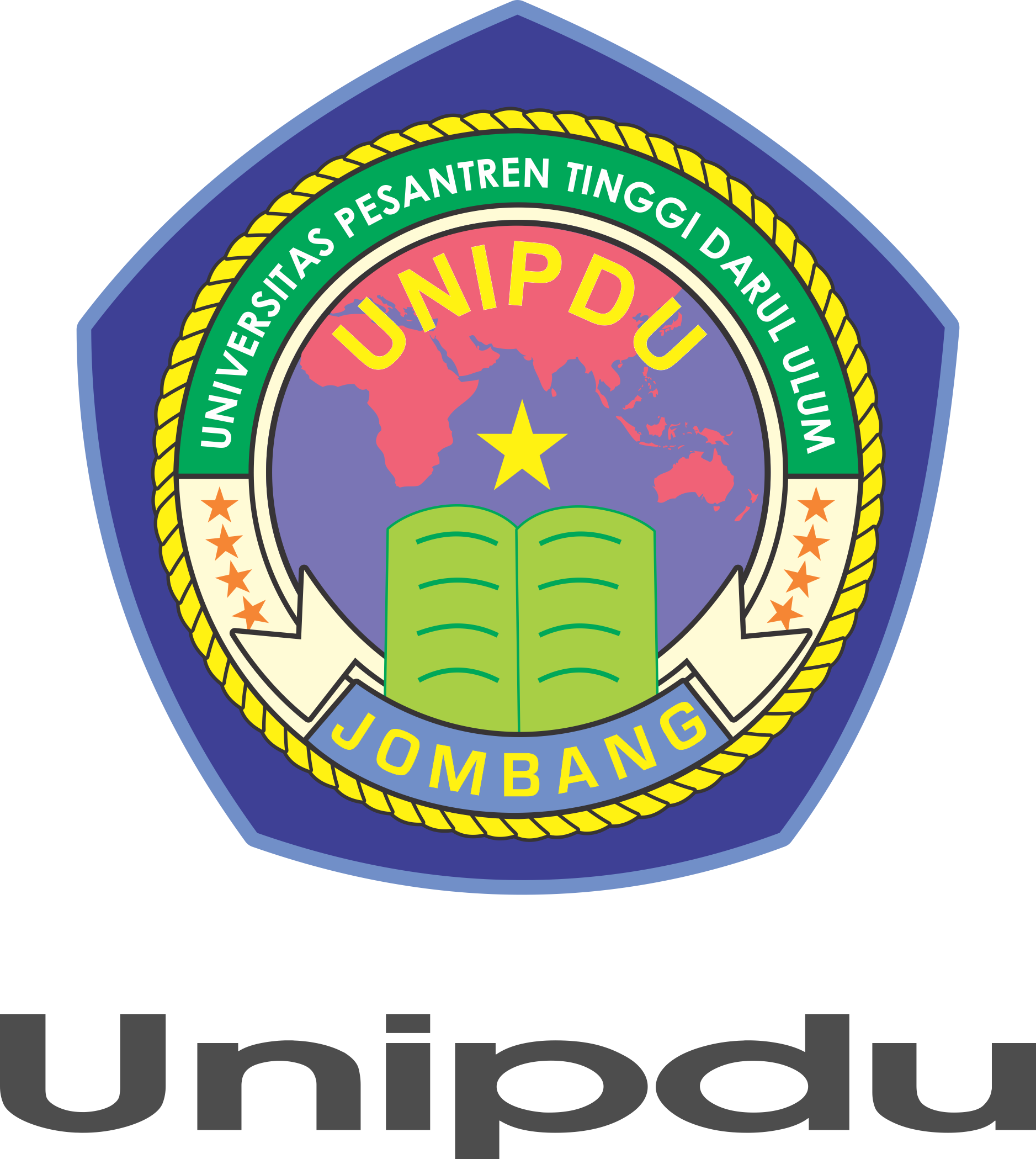GAMBARAN POLA KONSUMSI AIR PUTIH DAN STATUS HIDRASI PADA KARYAWAN EKSPEDISI PT LINTAS NUSANTARA PERDANA KEDIRI
https://doi.org/10.26594/edunursing.v6i1.2945
Abstract
Expeditionary employees are jobs that require the consumption of water in sufficient quantities to avoid dehydration. This is because the work carried out by expedition employees is quite a strenuous activity in Indonesia's hot tropical climate. Dehydration in expedition employees can result in headaches, lethargy, and even fainting. The purpose of the study was to determine the hydration status of expedition employees at PT Lintas Nusantara Perdana Kediri related to water consumption patterns. The research design used cross sectional research and this research was a descriptive method. The population is all employees of PT Lintas Nusantara Perdana Kediri as many as 13 people. A sample of 10 respondents was taken by purposive sampling technique. Collecting data using a questionnaire. The data is processed by data tabulation, coding, and scoring techniques. Based on the research, it was found that from 10 respondents it was found that 2 people (20%) consumed enough water, which was more than 2 liters, 5 people (50%) consumed moderate amounts of water, which was about 1,5-2 liters and 2 people (20%) consume less water, which is less than 1,5 liters for 9 hours of work. Based on these results, it can be concluded that the consumption of water by expedition employees of PT Lintas Nusantara Perdana Kediri is still considered insufficient. Based on the results of the study on 10 respondents, it was found that 7 people (70%) felt symptoms of frequent thirst, 5 people (50%) felt symptoms of weakness, 6 people (60%) felt symptoms of dry lips and 5 people (50%) felt symptoms of body aches. hot. Based on these results, it can be concluded that most of the expedition employees of PT Lintas Nusantara Perdana Kediri who work in the field have not been properly hydrated during working hours.
Keywords : Expedition employee, Hydration status, Water compsumtion
Downloads
Published
How to Cite
Issue
Section
License
Copyright (c) 2022 Jurnal EDUNursing

This work is licensed under a Creative Commons Attribution-NonCommercial 4.0 International License.









